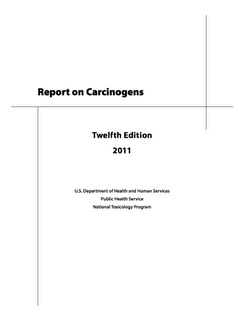Our law firm recently completed successful litigation involving eight families against various chemical companies. A member of each family got cancer from working at a local plant where industrial solutions were used to make rubber products.
Stating the obvious, cancer is universally bad, regardless of how much money a person has; what their religious or political views are; how old they are; or how/where/why they got cancer. That being said, I think workers especially need to be aware of the dangers and exposures to carcinogens that can occur because of chemicals in the workplace. According to a United States Department of Labor Occupational Safety and Health Administration (OSHA) website, “Carcinogens are agents that can cause cancer. In industry, there are many potential exposures to carcinogens. Generally, workplace exposures are considered to be at higher levels than for public exposures. Material safety data sheets (MSDSs) should always contain an indication of carcinogenic potential.”
Respected colleague Jon Gelman from New Jersey shares his thoughts on the subject in this blog post at http://workers-compensation.blogspot.com/2012/10/romney-regulation-risk-of-cancer.html. And I thank him for sharing the op-ed resource from a recent Sunday’s edition of The New York Times.
According to the Times piece, lobbyists associated with the chemical industry want to “shoot the messenger” by limiting or getting rid of the U.S. government’s Report on Carcinogens. Because if workers don’t know about carcinogens in their workplace, they won’t get cancer? Or more accurately, at least they won’t be able to tie that cancer to their workplace? Tell that to the American Cancer Society, whose web site includes a page specific to carcinogens and uses various sources, both national and international, to determine what carcinogens are.
Mr. Gelman also mentions in his blog post that certain lobbyists and politicians want to limit the regulation of these chemicals, which the Times story calls “scientific consensus” for their listing as cancer-causing carcinogens. It’s very challenging for consumers to know what substances, either naturally occurring or made by humans are safe to eat and use. To take that confusion into the workplace by limiting the information available to workers to be as safe as possible in their jobs, especially when long-term consequences like cancer are a possibility, is a shame.


